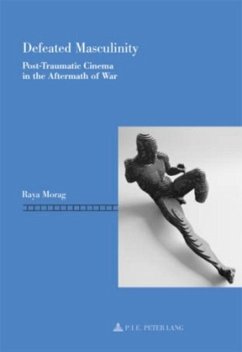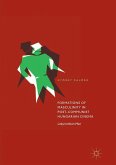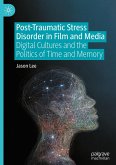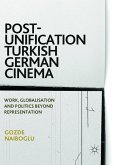The burgeoning field of trauma and cinema is an exciting development within contemporary trauma studies. The author of this book describes the complex relationship between cinema and the trauma of defeat in war. An asymmetric and non-binary comparison of two test cases, post-World War II New German Cinema and post-Vietnam War American cinema, illuminates the indirect and intriguing ways these societies have dealt with the enormous psycho-cultural difficulty of acknowledging their defeat and understanding its manifold meanings.
This book draws on psychoanalysis, masculinity studies, and corporeal feminism to explore the bodily experience of defeat. It examines themes and representations of body and sexuality to create a theoretical framework that reveals anew the link between defeated masculinity and nationalism. Building on an original analysis of such varied films as The Deer Hunter, Full Metal Jacket, The Tin Drum, and Paris Texas, the author suggests new criteria that highlight the characteristics of post-traumatic cinema.
This book draws on psychoanalysis, masculinity studies, and corporeal feminism to explore the bodily experience of defeat. It examines themes and representations of body and sexuality to create a theoretical framework that reveals anew the link between defeated masculinity and nationalism. Building on an original analysis of such varied films as The Deer Hunter, Full Metal Jacket, The Tin Drum, and Paris Texas, the author suggests new criteria that highlight the characteristics of post-traumatic cinema.








